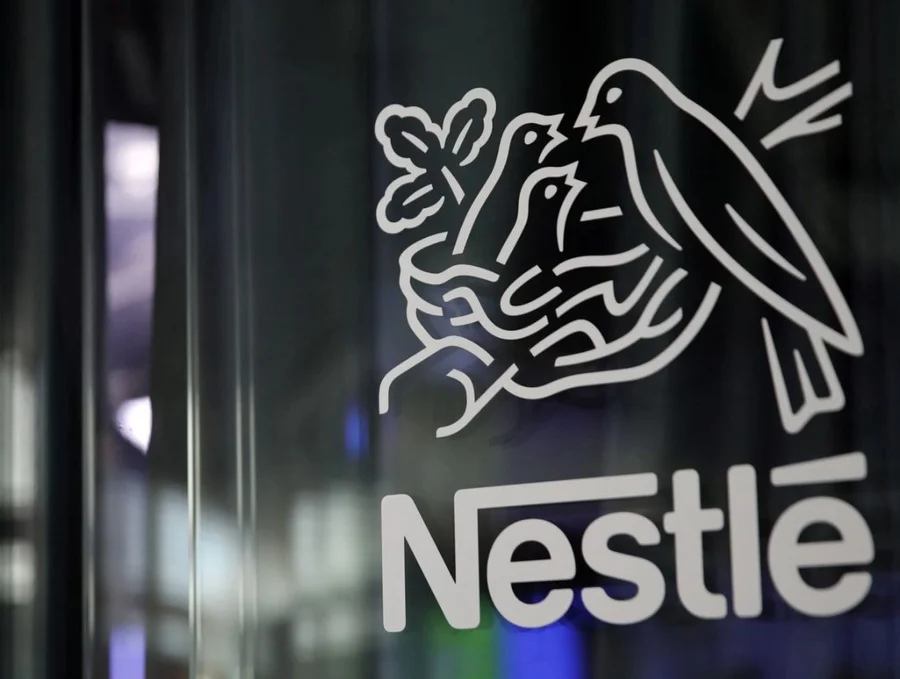Nestlé strikes ‘interim’ green sea-shipping fuels deal

Nestlé describes deal with Hapag-Lloyd, Maersk & CMA CG as ‘interim measure’ – language that turns spotlight on global maritime industry’s GHG record
Nestlé is to move the equivalent of half of its global shipping needs to alternative, lower-emission fuels, the company has announced – describing the initiative as an “interim solution”.
Agreements signed by Nestlé with Hapag-Lloyd, Maersk and French shipping and logistics firm CMA CGM mean the shipping companies will use fuels made from waste, such as used cooking oil.
Nestlé claims the move will help avoid the use of around 500 000 barrels of crude oil for ocean transportation and reduce its annual greenhouse gas emissions from shipping by an estimated equivalent of 200,000 metric tons of CO2
“We know this is an interim solution and we continue to encourage the development of longer term decarbonisation solutions in shipping and distribution,” says Stephanie Hart, EVP & Head of Operations at Nestlé.
While Nestlé’s green-fuels move will be welcomed by environmentalists, the company freely admits sea shipping makes up just a small proportion of its overall carbon footprint.
And if viewed in the context of global moves to decarbonise the maritime industry, the sub-text of Nestlé’s announcement is that the initiative hardly qualifies even as a drop in the ocean.
Earlier this year, top-level talks to tackle greenhouse gas (GHG) emissions in the maritime transport industry were slammed by environmentalists as “disheartening” and “tepid”.
IMO decarbonising targets ‘disheartening’
Talks held by the Marine Environment Protection Committee (MEPC) in London were focused on the adoption by the International Maritime Organisation (IMO) of an upgraded greenhouse gas strategy.
As a result of the talks, the IMO – a UN agency with responsibility for shipping safety and sustainability – set a revised target of a 10% reduction of GHG by 2030, with the earliest measures to achieve this not being put in place until 2027.
Before that announcement, the maritime shipping industry was the biggest global sector yet to set a goal for cutting emissions to net zero.
It is fair to say that environmentalists were underwhelmed by the 10% target. One – Diane Gilpin, CEO of Smart Green Shipping – described it as “disheartening”, adding that “science tells us anything less than 36% emissions reductions by 2030 and 96% by 2040 will be detrimental to keeping global warming below 1.5 degrees”.
Gilpin also pointed out emissions in the shipping industry have consistently risen since the first UN climate conference held back in 1979, and added that shipping is responsible for 3% of emissions globally, and that 40% of all shipping trade runs on fossil fuels.
The IMO’s revised GHG target was also slammed by the lobby group, Say No to LNG.
LNG stands for liquefied natural gas, and it is the transition fuel of choice for marine stakeholders as the world moves towards net-zero emissions.
Say No to LNG Campaign Director Elissama Menezes said the global shipping industry shows “an alarming lack of urgency” around moves to decarbonise sea shipping, describing the 10% target as “a tepid response”, adding that it “falls significantly short of what is necessary”.
“We demand more than mere rhetoric,” Menezes said.
Original Article – Nestlé strikes ‘interim’ green sea-shipping fuels deal (supplychaindigital.com)

